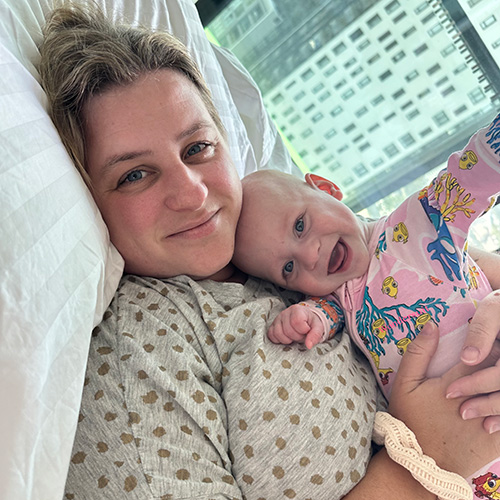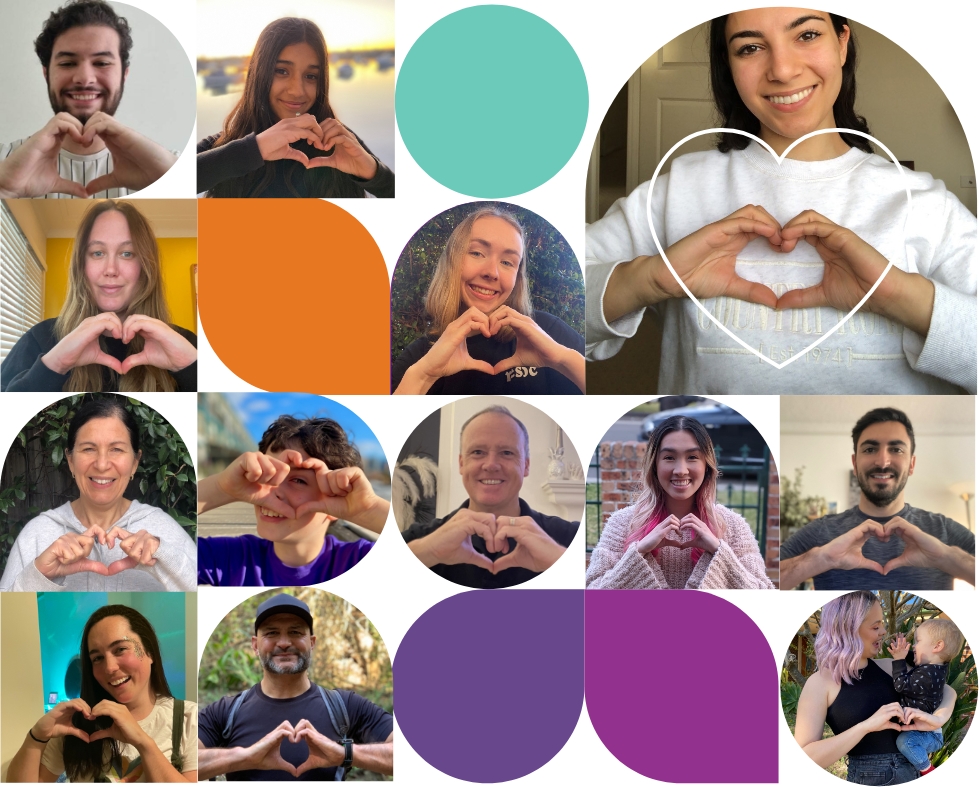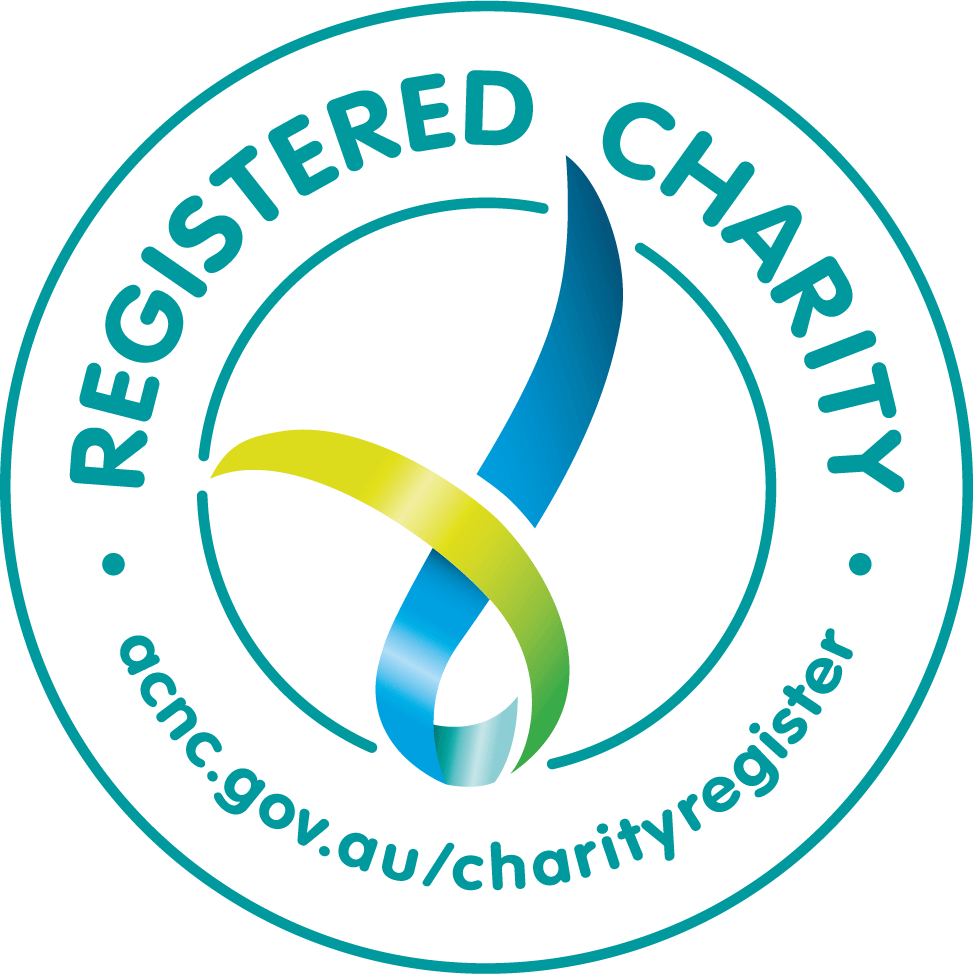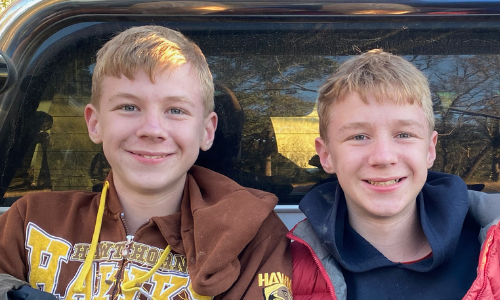
There's few things kids love more than running around the playground with their friends. For Edward and James though, this simple pleasure is life-threatening.
At five years old, when the boys had just started kindergarten, parents Jane and Darcy noticed James had unusually dark urine. Convinced it was caused by dehydration, Jane upped his fluids that afternoon. That evening, just before bed, Jane checked again and realised what her husband thought was dark urine, was in fact blood.
The family rushed to their local emergency GP in their regional hometown of Barraba, north of Tamworth, where doctors thought James had Rhabdomyolysis - a serious condition resulting from the breakdown of muscle tissue and release of a damaging protein into the bloodstream.
If left untreated, the condition could lead to acute renal failure.
“The doctors kept asking if James had exposure to anything toxic, a new medication, spider bite or snake bite, but we didn’t think any of those things had happened,” explained Jane.
Just a few weeks later, James’ twin brother Edward started presenting with similar symptoms and that’s when they knew something definitely wasn’t right - something else was going on.
“We had the paediatrician in Tamworth, the paediatric cardiologist and the paediatric neurologist from the nearest major hospital all working around the clock to identify the cause.”
After many admissions, tests and specialist appointments, the twins received a definitive diagnosis of McArdle disease. This rare metabolic muscle disorder affects just one in 100,000 people, causing exhaustion, cramping and muscle pain from everyday activities that most people would take for granted.
With their muscle cells unable to break down a complex sugar called glycogen, James and Edward can struggle with simple day to day activities like making the bed or putting dishes away.
In their case, an everyday chore such as carrying groceries could see them spend a week in hospital - that’s the severity of their condition.
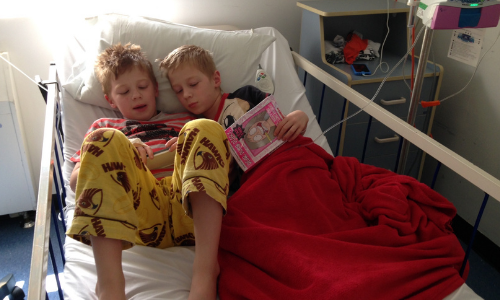
With the help of Dr Khautuv Bhattarcharya, Metabolic Paediatrican at Westmead Children’s Hospital and Professor Carolyn Broderick, Staff Specialist in Sport and Exercise Medicine and her incredible team at The Children’s Hospital at Westmead, James and Edward began to learn how to manage their condition.
With their medical team’s support, they now follow strict exercise strategies to control their disease so they can live as normal life as possible.
However, as two active boys who like to play and run around, their condition can make it difficult for them to enjoy life to the fullest without the risk of ending up in hospital.
“It’s a tricky condition to live with as a family. For any family holiday, we need to make sure we are close to a hospital just in case something happens.”
“One time a paper aeroplane competition got out of control, and resulted in the boys being hospitalised for five days due to their condition.”
During the COVID-19 lockdown, the availability of telehealth has been a lifesaver for the Tamworth family of farmers. Requiring regular appointments with their team at Westmead, this service has saved the family from the six-hour drive but also given them the flexibility and freedom they needed to look after their farm.
“The recent drought up here has made it very, very difficult to leave the farm so telehealth and the ability to do their appointments from home has just been terrific.”
“What’s also been impressive is the team’s willingness to learn about McArdle’s disease to develop more expertise and treatment. We have a trusted team around us who always treat the boys as being capable of planning and managing their condition and I appreciate that.”
Now 15 years old, James and Edward are coming into their own, with James enjoying video games and the piano and Edward into politics and the guitar. Their long history with the hospital has also influenced Edward to one day go into medical research – in the hope he can help other kids, just like him.
As the end of the year looms, the family are eager to celebrate the progress James and Edward have made in their treatments this year.
“We're hoping very much to have Christmas here on the farm with our family coming to us. We’re very excited that we might be able to get together after a year of not seeing each other,” said Jane.
Sydney Children’s Hospitals Network provides care to hundreds of rural families each year.



